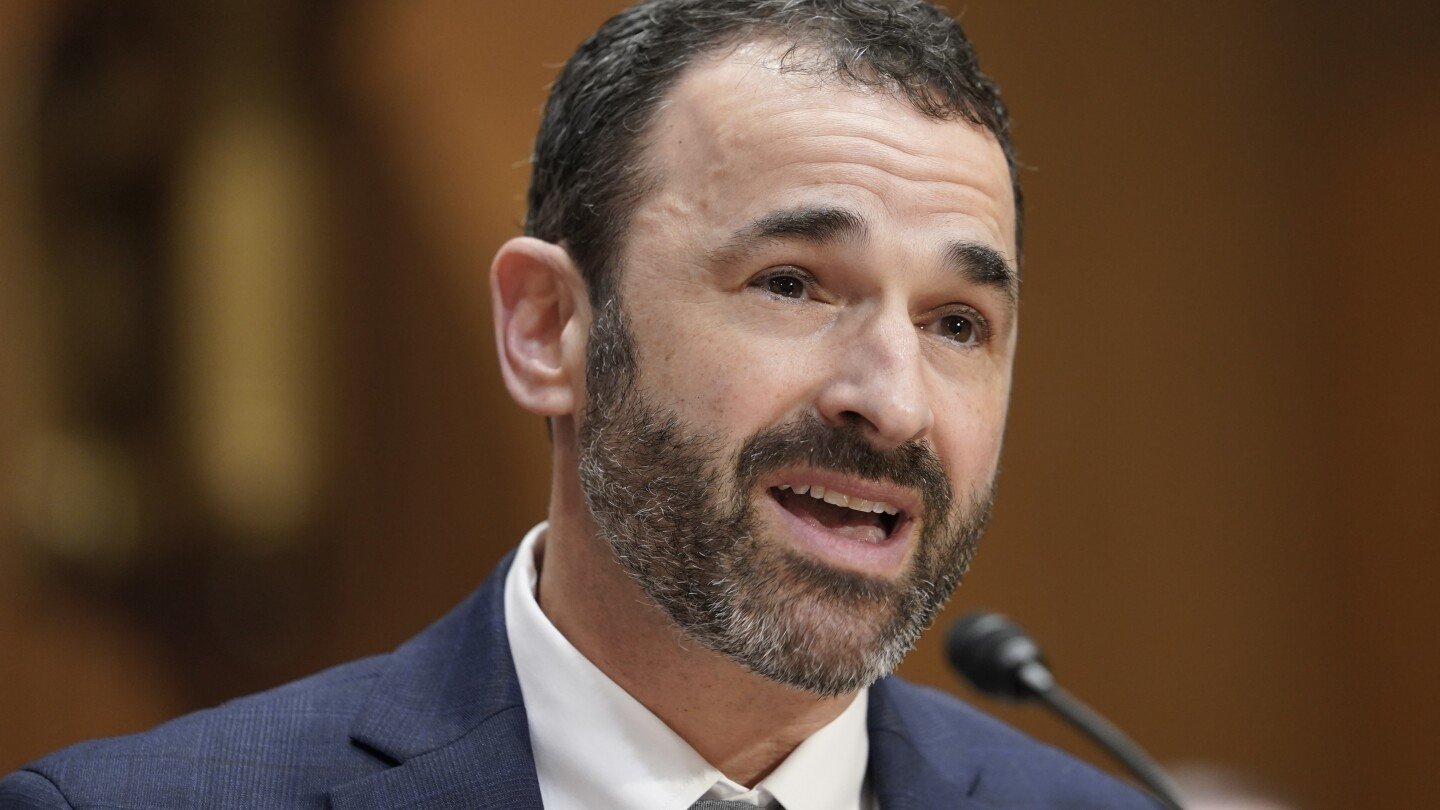IRS Commissioner Daniel Werfel said that with a boost in federal funding and the help of artificial intelligence tools, the agency has new means of targeting wealthy people who have “cut corners” on their taxes.
“If you pay your taxes on time it should be particularly frustrating when you see that wealthy filers are not,” Werfel told reporters in a call previewing the announcement. He said 1,600 millionaires who owe at least $250,000 each in back taxes and 75 large business partnerships that have assets of roughly $10 billion on average are targeted for the new “compliance efforts.”



The more money a person makes, the more incentive and capability they have to design and structure their income, especially if they are a business owner or have customers overseas, and thus they have more opportunities to avoid doing the things that cause one to be taxed.
Also some are cheaters and just don’t pay what they owe.
It also takes longer to audit people who are trying to screw with the system so it’s sometimes just “Eh too hard” which is a bad reason to not do it…
Especially if it’s going to be a small ROI for the IRS.
I know in tax planning for high net worth individuals and businesses there is often a question about how the penalty (downside of being found to owe more tax) relates to the upside of just not paying the tax. For matters that aren’t so clear or where the tax code can be interpreted many ways - it often comes down to the decision maker’s risk tolerance.
So it’s smart for the IRS to avoid cases where a hundred hour audit gets them another $2k vs litigating a $20m underpayment over a grey area.